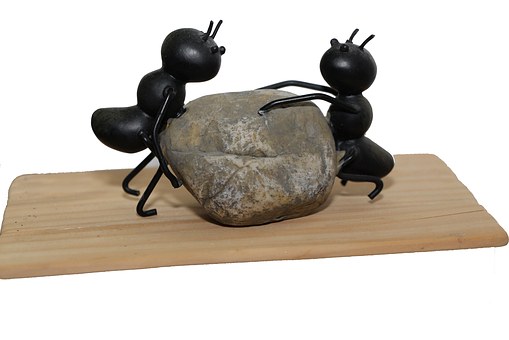RELATIONSHIP BANK ACCOUNT
After your last argument you realise your relationship bank account is in “the red”, there is little love left to give your partner and not much coming back to you in return.
We know that the only focus on conflict resolution in couples therapy is misguided, 69% of conflict in relationship is perpetual, it has no resolution, www.gottman.com, (Drs John and Julie Gottman). Couples can either learn how to dialogue about these perpetual issues, or live in “gridlock”, a state of painful impasse.
We all have the capicty to love, it is woven into our DNA, we need to learn how to nurture that, even when in conflict.
SIX RELATIONSHIP SKILLS THAT WORK
Not all conflict is the same by understanding your partner’s point of view you avoid power struggles and going into gridlock on perpetual issues. According to Drs John and Julie Gottman, master couples have learnt how to deal with these by practising SIX SKILLS that build a positive relationship bank account:
- GENTLE START-UP
- ACCEPTING INFLUNECE
- MAKING EFFECTIVE REPAIRS DURING CONFLICT
- DE-ESCALATE QUARRLES
- COMPROMINSE
- DO PSYCHOLOGICAL SOOTHING
Visit www.lindataylor.com.au to find out more.
MAKE REPAIRS
To connect you need to quickly de-escalate conflict and actively create emotional safety. It is easy to avoid starting the finger pointing blame game, “you did this – you said that – you are so insensitive – I wish I married someone else” by changing the way you dialogue about the issue rather than getting back into it.
You may not be as close as you desire but you can still go into damage control and hold onto your emotional balance and a truly loving connection. With practise this happens a lot more often and a lot more easily. You build a platform for repairing rifts rather than escalating negativity and making withdrawals from your relationship bank account.
ARE YOU A CONTENDER FOR AN OSCAR IN MARITAL SQUABBLES?
Conflict usually begins with some insecurity, it goes something like this. Melanie and Peter (not their real names) have been married for 5 years and expecting their second child. They are becoming more disconnected from each other and when they fight they don’t mess around. It starts with Melanie attacking Peter about when he completed the Fun Run rather than being with her when her waters broke went into labour.
Melanie says, “You don’t take any responsibility in our relationship, always putting yourself first. I was in labour and all you are talking about is your race time. I don’t know why I agreed to have another baby with you, I do everything around the house and look after the kids – without your help!”
Peter immediately floods and attacks in anger, “I never asked you to have the baby, it was a mistake just like I am always making mistakes. I am one big disappointment t0 you. You make that loud and clear at every opportunity.”
The conflict escalates , Melanie yells, “little errors – it was the birth of your child. Like you went to help your father when his dog died rather than turn up at your son’s birthday party. What type of father does that?”
TAKING A LOVING PATH
The argument quickly becomes a drama but they could have taken a different path. A well know Couples Therapist, Susan Johnston, www.drsuejohnson.com, understands the neurobiology of the brain and how change happens in the process of loving repair work with couples.
She explains how people are too busy getting caught up in their own agenda to tune into each others’ deeper emotions and recognise they are touching each others’ raw spot. “But when they can look at the big picture and slow down a bit, they can begin to be curious about the other’s softer, underlying emotions, rather than listening to their own hurts and fears and assuming the worst about their lover” ( Hold Me tight, 2008, www.youtube.com/watchv=xal-lms5z-yuM).
FRIENDS NOT ENEMIES
A better way for Melanie and Peter to build a positive relationship bank account is to explore their feelings and risk sharing them with each other.
Melanie says, “I’m hurting and scared being at the hospital alone, but it’s hard to tell you that. I have this sense that if I tell you, you will drift into more and more separateness, so I pick a fight to get your attention.”
Peter listens, nods and says, “it helps me when you risk telling me that you are vulnerable, more like me and it’s easier for me to feel close. I may disconnect sometimes but I would never let you separate from me, you are too important to me.”
When you can preempt repair this softens the presentation and response to conflict. When you stand together you have common ground and a common cause, it is easier to see your partner as a friend. In doing so you take control of escalating negative conversations even if you are not sure where to go next, you do not need to get stuck in that negative place all the time.
From my experience the Gottman Couples Therapy process and interventions show people how to dialogue about perpetual issues, manage conflict and make life’s dreams come true www.lindataylor.com.au



Leave A Comment